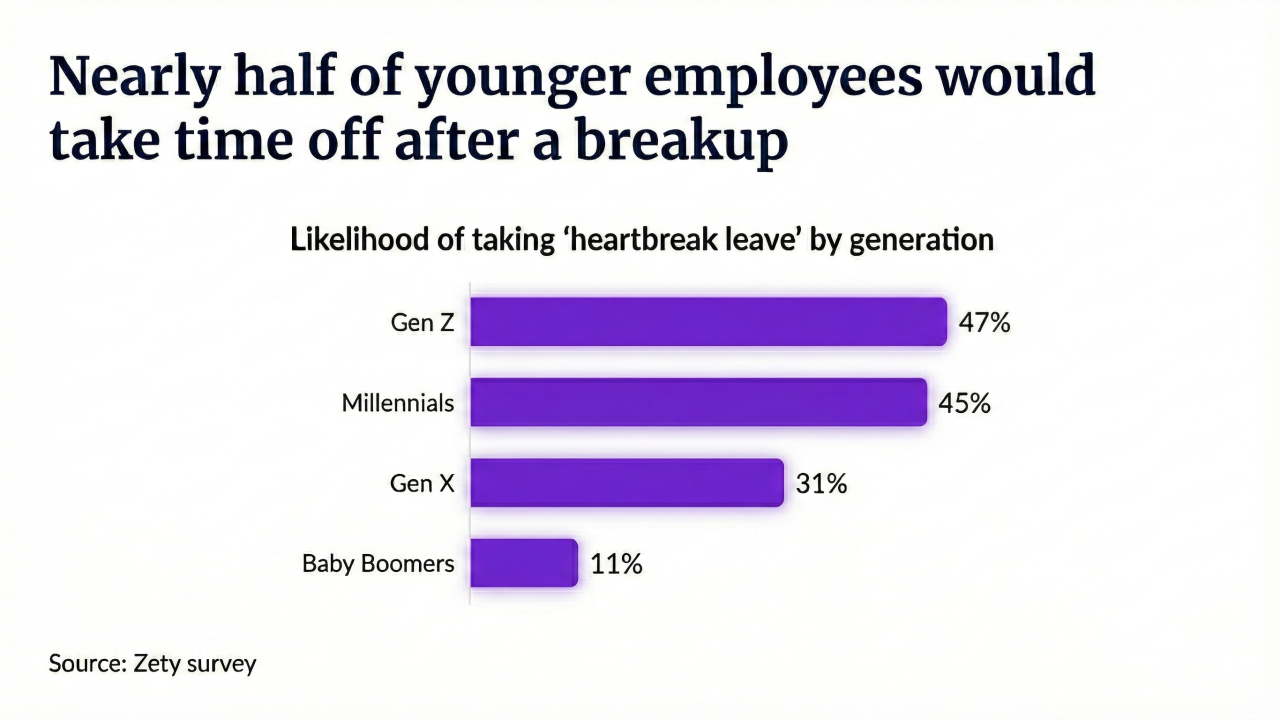Starbucks and office-sharing company WeWork are shutting locations in China, while Facebook, Nissan Motor and other companies enact measures to shield employees in areas hardest hit by a deadly
Apple's supply chain is at risk of being
Here is a summary of how some of the biggest companies are responding, as well as early analysts’ estimates of the impact:
Jan. 28
- PricewaterhouseCoopers: The accounting firm has suspended all business travel to Wuhan and employees returning from the city are required to work at home for two weeks before coming to the office, a spokeswoman said. The company extended Chinese New Year holidays for staff in Hong Kong and Macau to Jan. 31 and asked employees to work remotely where feasible following the holiday.
- Apple: “Supply chain disruption is a worry if employees across Foxconn and other component manufacturing hubs in China are restricted,” analyst Dan Ives of Wedbush Securities Inc. said. “If the China outbreak becomes more spread it could negatively impact the supply chain which would be a major investor worry.”
- Shiseido: The Japan-based cosmetics maker has banned employee travel to China, with some exceptions, a spokesman for the company said Tuesday. The company got about 20% of revenue last year from the country, its biggest overseas market.
- Facebook: Travel limits, which went into effect Monday, halt non-essential travel to China by all Facebook employees, said the person, adding that if workers have to visit the country, they will need specific approval. The company declined to comment.
- Bayer: The German drug and chemical giant will donate about 1.5 million euros ($1.7 million) worth of medicines and financial aid to help support people affected by the outbreak. The cash portion of about 600,000 euros will mainly be used to pay for protective clothing for medical staff in Wuhan, Bayer said in a statement.
Jan. 27
- Carnival and Royal Caribbean Cruises: Carnival’s Costa Cruises brand, working with the Chinese government, decided to suspend nine voyages leaving China from Jan. 25 to Feb. 4. In a separate statement, Royal Caribbean said it suspended Jan. 27 and Jan. 31 sailings. Both pledged to provide refunds to customers. China is a small but growing market for American cruise companies, and analysts project further cancellations could hurt earnings.
- Fast Retailing: The operator of the Uniqlo casual clothing chain, has shut about 50 of its stores in China temporarily, a spokeswoman said.
- Ryohin Keikaku Co: Owner of the Muji clothing and housewares brand has closed some stores in Wuhan, according to a spokesman.
- Aeon: Japan’s largest supermarket operator, expects sales from Wuhan area stores to drop by half, spokesman Makoto Sueyoshi said Monday. Aeon shuttered the three malls it operates in Wuhan, but its five general supermarkets were operating on a limited basis to sell daily goods and food.
- Nitori Holdings: the Japan-based furniture and housewares retailer has closed seven stores in Wuhan, and shortened some store hours in other areas including Shanghai and Suzhou, spokeswoman Haruna Muramatsu said.
- Starbucks, McDonald’s and Domino’s Pizza: Of the three U.S. restaurant chains, Starbucks is the most exposed to the outbreak, as measured by percentage of worldwide revenue and operating income, according to Guggenheim analyst Matthew DiFrisco. “China represents a high growth region and a meaningful contributor to the longer-term global revenue growth goals for all three companies,” DiFrisco said in a note. The Seattle-based chain has about 4,100 cafes in China.
- Tesla, Nio: About 8 million cars were sold last year in the roughly 40 Chinese cities that have 10 or more diagnosed coronavirus cases, or 36.8% of total retail volumes in the country, Bernstein analysts estimate. Those cities accounted for 82.5% of Tesla’s retail volumes, and 68% of NIO’s, the analysts wrote in a note. “The latter looks especially vulnerable to a prolonged slump in EV sales,” they said.
- Imax: The Mississauga, Ontario-based company, known for its large-format screen technology, has said it’s delaying movie releases at its
theaters in China in the wake of the outbreak. The impact of lost revenue from the Chinese New Year will cost Imax at least $60 million in global box office sales, according to MKM Partners. If the epidemic lasts for a few more weeks, “it is not unreasonable to project” a shortfall of $200 million in the first quarter, MKM Partners analysts said in a note. - Nissan: The automaker plans to evacuate most of its expatriates and their family members from Wuhan using chartered plane dispatched by the Japanese government, a company spokeswoman wrote in an email.
- GMO Internet: The Japan-based internet infrastructure provider has told about 4,000 employees in the country to work from home after the confirmation of novel coronavirus cases in Japan, the Nikkei newspaper reported without saying where it got the information.





